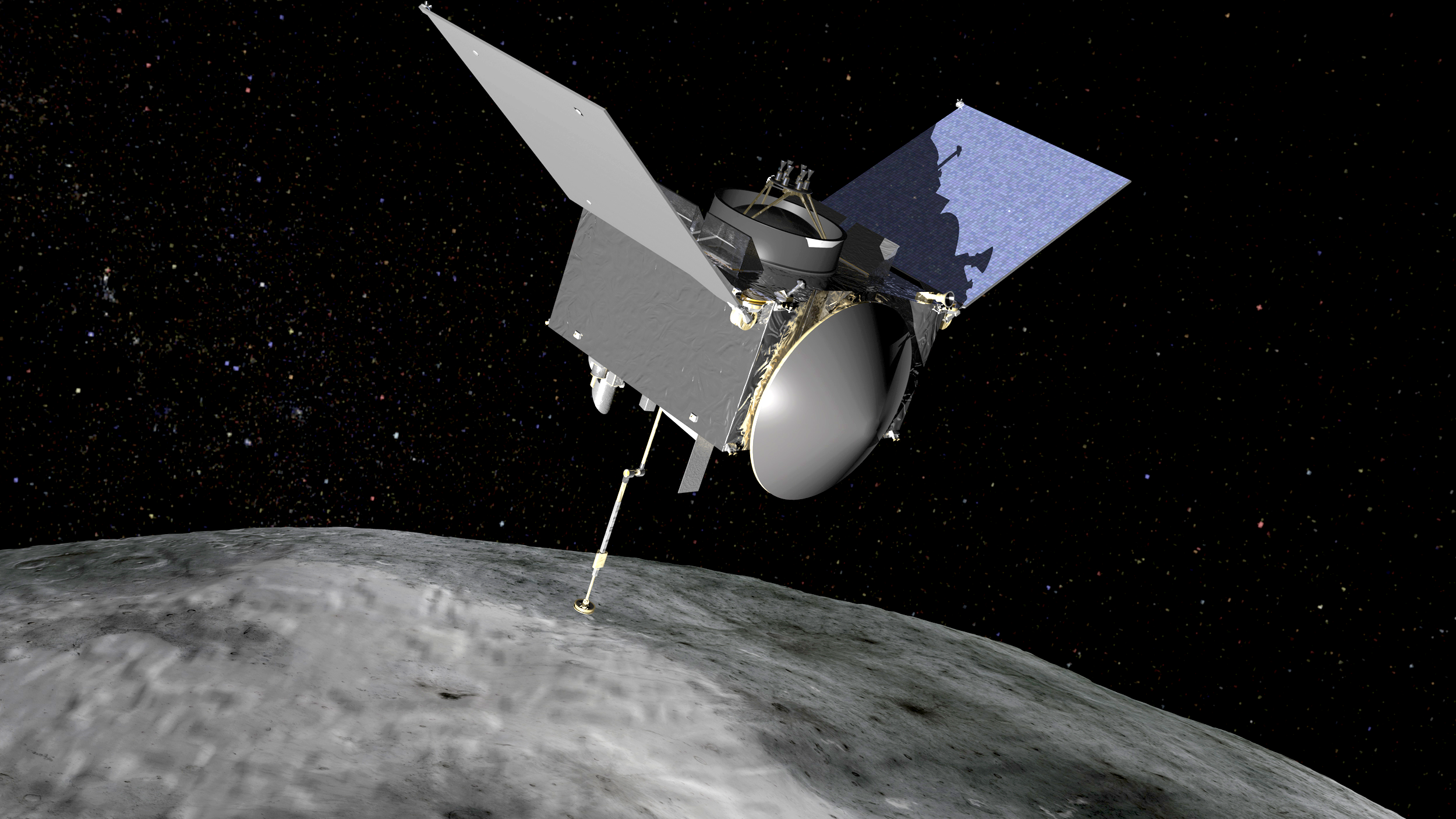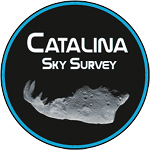
OSIRIS-REx is a NASA-funded asteroid sample return mission run by the University of Arizona. OSIRIS REx is an acronym that stands for the 'Origins Spectral-Interpretation Resource-Identification Security Regolith-EXplorer". In the words of the project investigators:
"OSIRIS-REx seeks answers to the questions that are central to the human experience: Where did we come from? What is our destiny? Asteroids, the leftover debris from the solar system formation process, can answer these questions and teach us about the history of the sun and planets.
The OSIRIS-REx spacecraft is traveling to Bennu, a carbonaceous asteroid whose regolith may record the earliest history of our solar system. Bennu may contain the molecular precursors to the origin of life and the Earth’s oceans. Bennu is also one of the most potentially hazardous asteroids, as it has a relatively high probability of impacting the Earth late in the 22nd century. OSIRIS-REx will determine Bennu’s physical and chemical properties, which will be critical to know in the event of an impact mitigation mission. Finally, asteroids like Bennu contain natural resources such as water, organics, and precious metals. In the future, these asteroids may one day fuel the exploration of the solar system by robotic and manned spacecraft."
The spacecraft was successfully launched September 8, 2016 from Cape Canaveral aboard an Atlas V 411 rocket and will arrive at asteroid Bennu in 2018. Upon arrival, the spacecraft will spend many months orbiting Bennu, mapping and characterizing the asteroid in never-before achieved detail in preparation for selecting a site from which the spacecraft will 'tag' the surface to obtain a pristine sample of Bennu for transport back to Earth. The spacecraft, containing the asteroid sample will take about 2 years to return to Earth where it will be collected in the Utah desert in September 2023. The material from Bennu will provide decades of research and lab work for teams of eager cosmo-chemists, planetary scientists, meteoriticists, organic chemists, metallurgists, and other scientists; and it will likely change our understanding of solar system and planetary formation and possibly provide valuable clues to how life itself began on Earth. See the OSIRIS-REx website for more information.



